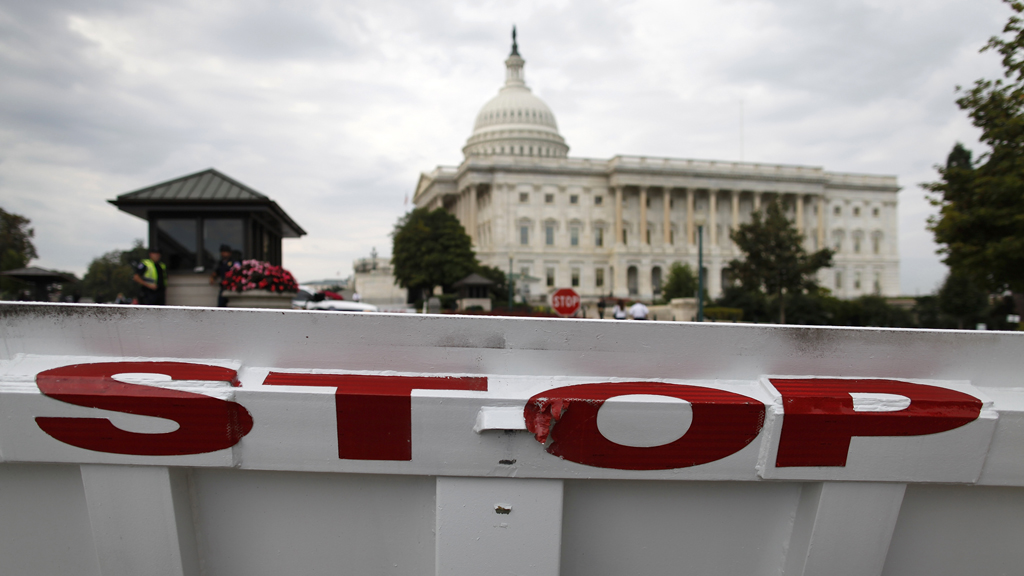Congress in crisis: US government shutdown continues
Efforts to end the US government “shutdown”, including a proposal from Republicans that would see some parts of state machinery restored, have failed as the political impasse continues.

US President Barack Obama cancelled a trip to Malaysia on Wednesday as the stalemate between the Senate and the House of Representatives, over the healthcare and the federal budget, continued.
He has accused the Republicans of a non-stop “ideological crusade” to wipe out his signature health care law, dubbed by his rivals as “Obamacare”. He said Republicans were pandering to the right of its party, specifically a group of 50 ‘Tea Party’ members.
Republicans in the House are opposing “Obamacare”, which came into effect on Tuesday and will mean more affordable healthcare for millions of Americans.
‘Shutdown’
On Tuesday US government largely ground to a halt after congress failed to agree a federal budget for the year ahead.
The ramifications of the shutdown, the first in US politics since the Bill Clinton era, have included 800,000 federal employees being ‘furloughed’ (put on unpaid leave), the closing of national parks and the shutting down of 98 per cent of NASA.
House Republicans responded late on Tuesday with a proposal for legislation to reopen portions of the government, including iconic national parks like Yosemite and Yellowstone, whilst still demanding concessions on health care.
Read more: How many does it take to shut down the US government?
The bills covered the Department of Veterans Affairs, the Park Service and a portion of the Washington DC government.
Democrats, who dominate the Senate, generally opposed the bills, saying Republicans should not be permitted to choose which agencies remain open and which stay shut.
As a result, the proposed legislation fell short of the two-thirds majority needed for it to pass quickly through congress.
‘Not serious’
The White House has also threatened to veto such bills, with spokesman Jay Carney saying the Republican proposals are “not a serious approach.”
However, the White House has also said it is open to changes to healthcare law in future negotiations – but not as a part of the budget bill.
Stock markets around the world reacted resiliently to the US government shutdown, with analysts saying significant damage to the US economy was unlikely unless the shutdown lasted more than a few days.
However, there is another problem looming on the horizon. By 17 October the congress has to agree to lift the debt ceiling or the US could start to default on its debts – something that could create global economic carnage.
-
Latest news
-
As India goes to the polls in the world’s largest election – what do British-Indians think?6m

-
Tees Valley: Meet the candidates in one of the biggest contests coming up in May’s local elections4m

-
Keir Starmer says public sector reform will be a struggle7m

-
Nicola Sturgeon’s husband Peter Murrell charged with embezzlement of funds from SNP1m

-
Ukraine might finally get $60billion in American weapons and assistance to defend against Russia3m

-




